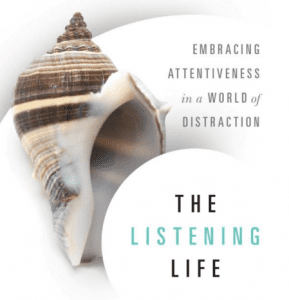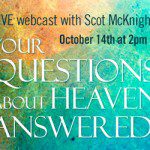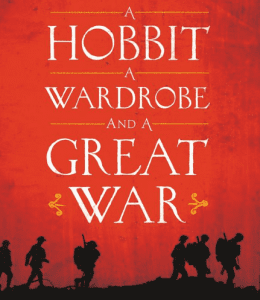What has happened to your reading habits ever since the rise of the internet, blogs, Facebook and Twitter?
 Ten years or so ago I wasn’t doing much on the internet other than a few e-mails. I spent evenings reading classics literature (like Euripides) and essayists (like Samuel Johnson), we watched sports, and work was mostly work and home was mostly home. That has changed significantly since the rise of internet and my own participation in that world with the Jesus Creed blog.
Ten years or so ago I wasn’t doing much on the internet other than a few e-mails. I spent evenings reading classics literature (like Euripides) and essayists (like Samuel Johnson), we watched sports, and work was mostly work and home was mostly home. That has changed significantly since the rise of internet and my own participation in that world with the Jesus Creed blog.
I wonder if you would ponder this set of questions some and tell us what you find:
What has changed in your reading habits? Do you read novels less? Magazines less? Books less? Do you read the same or more? Has the internet made you more of a scanner instead of a reader?What percentage of your reading is now internet reading?
Would you call internet reading “reading”?
David Ulin, in his new book The Lost Art of Reading: Why Books Matter in a Distracted Time , examines dimensions of these changes. The book is a gentle stroll but one thing he does is emphasize how reading has become harder because the internet is so much of a distraction, and his book embodies that very distraction because the plot of the book is a question from his son about Fitzgerald’s Great Gatsby, but about every time Ulin is about to tell us something new about his interaction with his son he get distracted with another thought about reading.
Some thoughts, mostly inspired by Ulin:Reading requires silence; silence is harder to find in an internet age. But the kind of silence that is needed is not quiet but a silence that is absent of distraction. The distraction of the internet age is one that seduces us into thinking that we can, if we read more e-mails or more tweets, be in the know or more up-to-date. There is a genine anxiety about not keeping up. 15 years ago we didn’t try to keep up with most of what drives us.
The internet provides mostly information, endless and never-ending. Reading probes into wisdom through reflection. Internet reading is an emotional hit and run; reading a good book, undistracted, for hours at a time digs deeper. There is a difference between an informed brain and a literary brain.
Reading a book well means entering into a history of conversation into which that book fits. The internet is not a conversation but a buzz of information, disconnected and disconnecting. Another way to say this: The internet provides story after story but there is not Story into which the stories fit.
We carry around in our pockets an iPhone or an internet-connected phone. That gadget is a more powerful computer than anyone had a decade or so ago. But the gadget doesn’t create more leisure for us. Instead it shaves time from our leisure. Why is this so?
Genuine reading draws into history and creates memory. Internet information-shaped reading is an assault on both history and time. Real reading taps into emotions, while internet reading mostly deadens our emotional life.
On memory: internet reading doesn’t ask us to remember; it remains there for us to bookmark. Real reading generates memory because it leads us into the world of an author and a story and a book that is interconnected to other books. Why remember when you can look it up?
Internet reading is about being connected; real reading, book reading, means being disconnected and lost in the world of the book.











